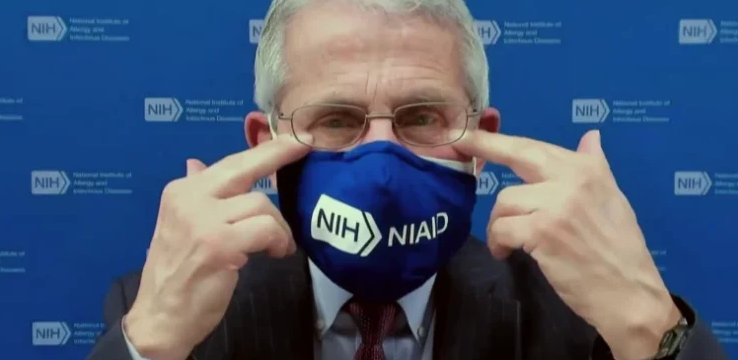In the realm of Covid protection, the surgical N95 mask has stood as a trusted fortress against the invisible enemy. Its tight fit and advanced filtration capabilities have been championed as the ultimate safeguard. But, hold onto your breath, because a revelation has emerged that might leave you stunned.
A scarcely discussed study, resurfaced by the National Institutes of Health this spring, has illuminated a concerning facet of these masks. Researchers hailing from the prestigious Jeonbuk National University in South Korea embarked on a journey to investigate the protective prowess of two disposable medical-grade masks and a selection of reusable cotton masks. Their findings have uncovered a shadowy reality that’s hard to ignore.
Masks don’t stop viruses and they cause illness!!
Mask study published by NIH suggests N95 Covid masks may expose wearers to dangerous level of toxic compounds linked to seizures and cancer | Daily Mail Online https://t.co/Fx5ULmURFR
— Dr. Urso (@richardursomd) August 27, 2023
You might have assumed that these masks are only shielding you from the virus, but there’s more at play. The study ventured into the realm of chemical emissions, an aspect that’s rarely the topic of conversation when it comes to face coverings. Astonishingly, the chemicals emanating from these masks surpassed recommended safety thresholds for toxic volatile organic compounds (TVOCs) by a staggering eightfold.
Inhalation of TVOCs has long been associated with various health discomforts such as pounding headaches and persistent nausea. However, the stakes go beyond short-term discomforts. Extended and recurrent exposure to these chemicals has been shockingly linked to organ damage and even the terrifying specter of cancer.
Amidst the scientific jargon and intricate findings, one thing remains crystal clear – the volatile organic compounds (VOCs) present in KF94 medical masks demand meticulous attention due to their undeniable implications for human well-being. The researchers succinctly underscored this fact in their April publication, which serves as a stark reminder that protection isn’t always as straightforward as it appears.
In a world consumed by the discourse of masks and their safety, this study acts as a beacon of caution, a voice reminding us to be vigilant about the potential risks lurking behind the masks that have become an inseparable part of our lives.
So, the next time you don your trusty surgical N95 mask, remember that its protective embrace might come with a cost that extends beyond viral barriers. The health implications of its chemical emissions are a topic that demands our unwavering attention and a collective drive towards safer solutions.

